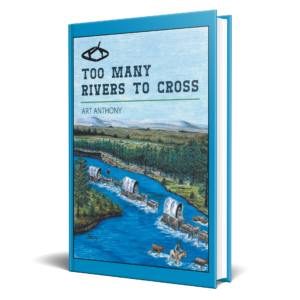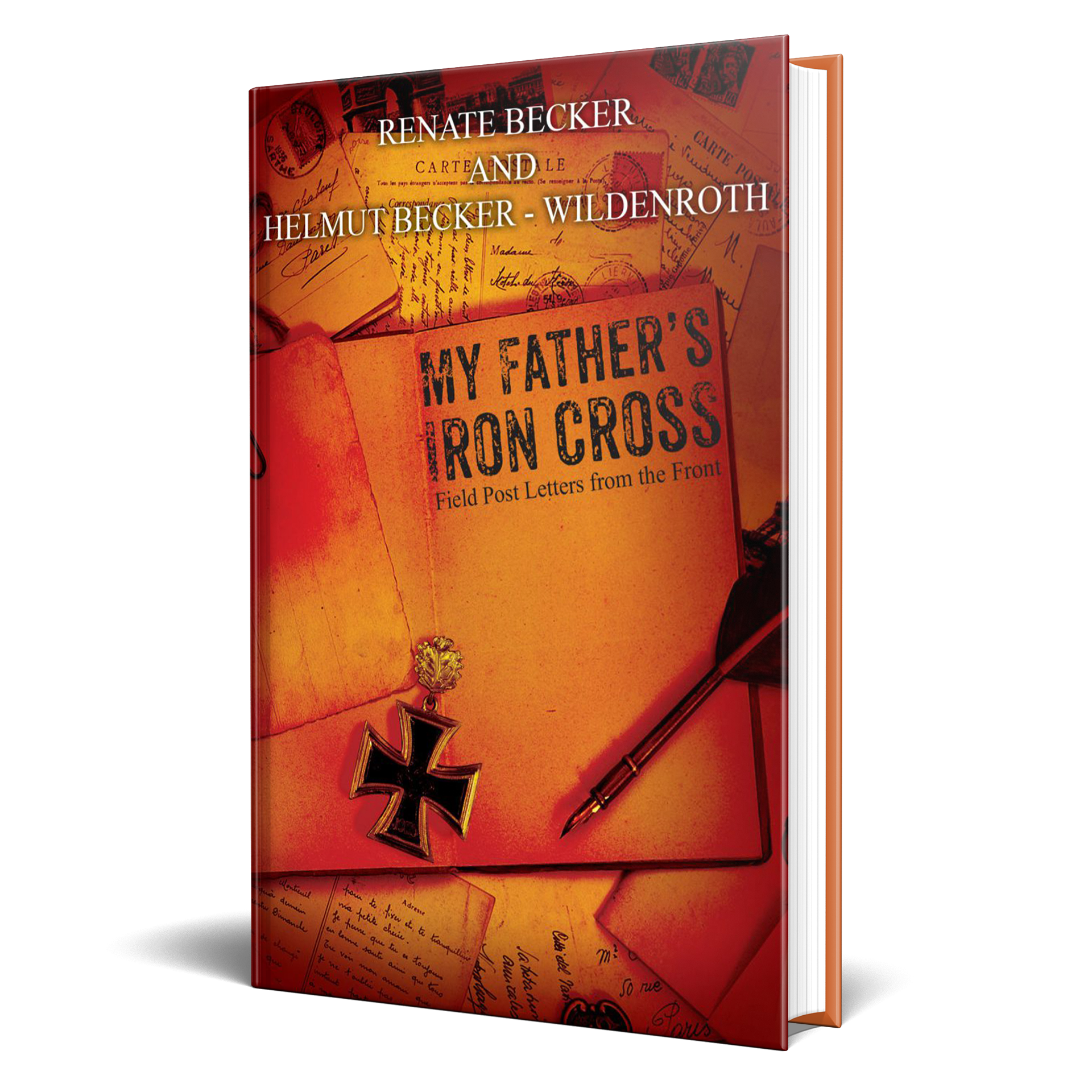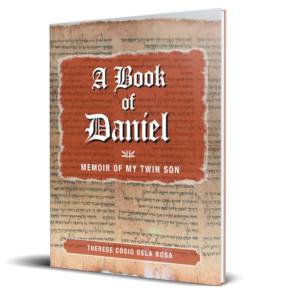Description
My Father’s Iron Cross, Field Post Letters from the Front- authors Renate Becker and Helmut Becker-Wildenroth contains 23 letters. Fritz Becker – the father of the authors, has written the letters from the 18th of January, 1915 to the 11th of October, 1915 to his parents and siblings. The reader finds a short prehistory of the First World War, a time table about the war at the western front in Flanders in 1915 and a short history and description of the German Iron Cross. The book contains handwritten letters and photos. Fritz Becker is 20 years old when he writes the letters. The first letters still distinguish themselves by an optimism and are marked by the faith in victory and by devotion to duty. He does not mention yet the fright of fighting. Only in the letters from Douai the destruction of numerous villages is mentioned. He often thinks of all those at home.
Then a change of events enters all of a sudden. Fritz Becker has to go to the front. Now he experiences the war with all its dangers, among other things the first hostile air raids in which a small girl and soldier are killed. One lives under the most primitive conditions, and starves. Now Fritz Becker is assigned to the pioneers. He must dig trenches and install barbed wire. The battalion marches past common graves of fallen comrades. He describes a visit of the Holy Mass. The church is full of praying soldiers. He feels he is in God’s hands. In a storm attack on English positions, a British rifle bullet strafed his head. An English soldier places him in a shell-crater to protect him against direct bombardment. He gives him water to drink from his canteen and a piece of biscuit. The wounded soldier looses a lot of blood and becomes unconscious. After rescue by comrades he awakes in the military hospital. In a letter out of the field hospital he lets his parents know that he has a light strafing wound in the head. In another card he informs his parents that all is well with him. In reality the wound is very serious. More operations become necessary by brains specialists in a military hospital. The letters present the war action in all its cruelty from the point of an directly affected combatant. In spite of all frights the letters show a deep trust in God. The letters remind us to strive for peace so that such an event cannot happen again. That this war was the oldest military catastrophe of the 20th century is not known to many people today. It is good that the authors of the book keep up the memory of this awful event.










